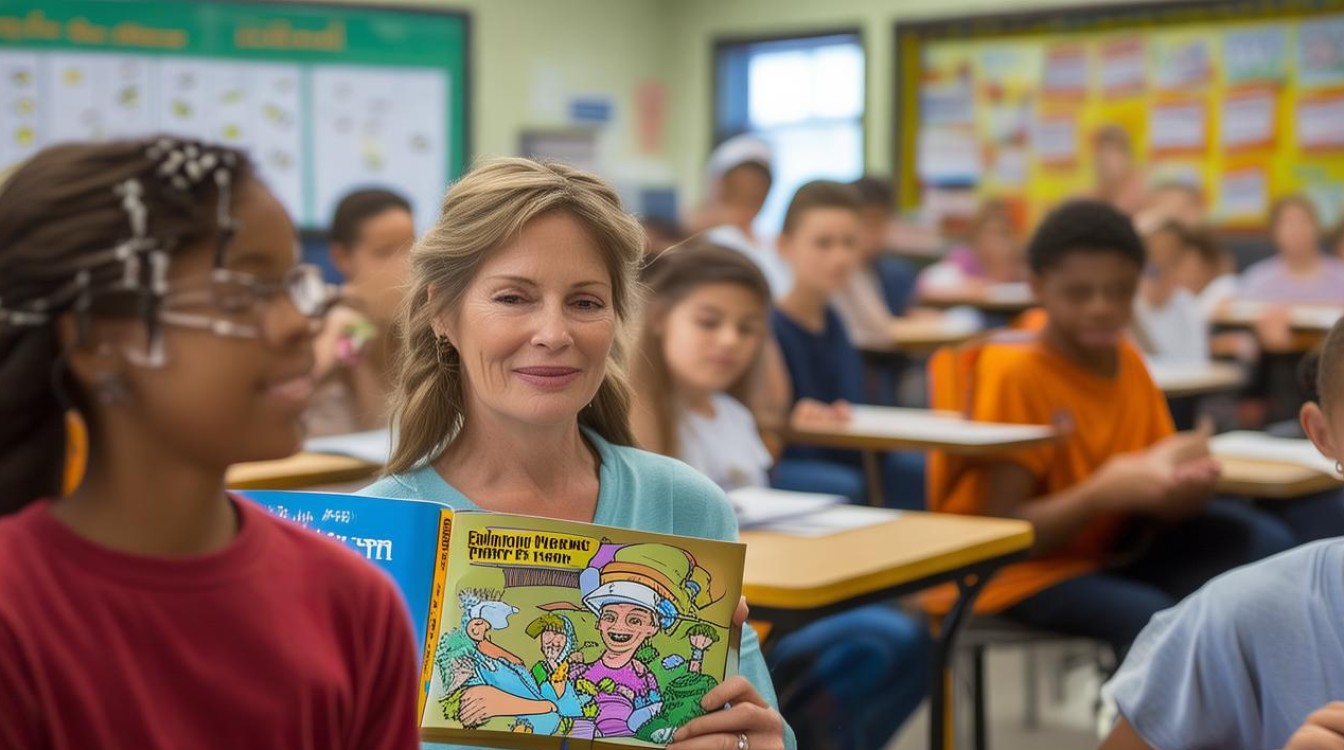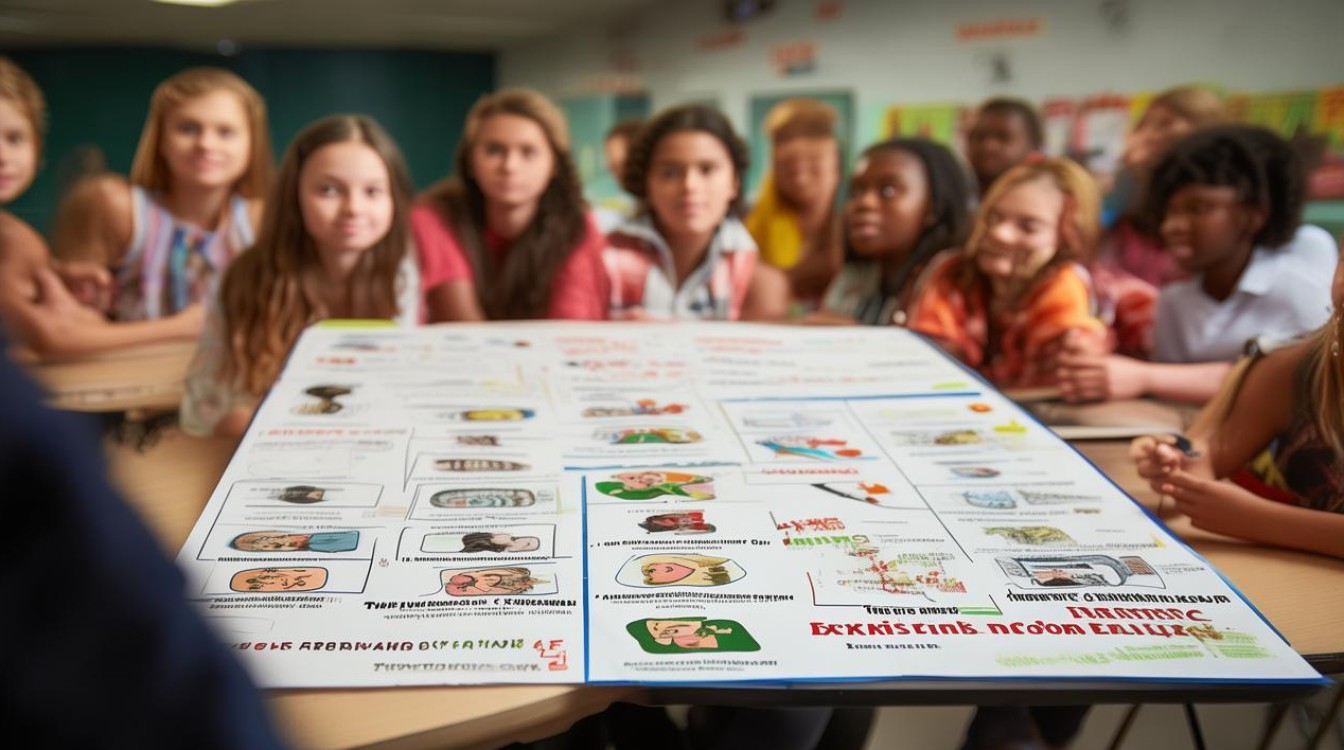Understanding emotions is a crucial part of growing up. For middle school students learning English, expanding vocabulary related to feelings helps in expressing thoughts clearly and connecting with others. This article introduces essential English words for emotions, categorized for easy learning.

Basic Positive Emotions
-
Happy – Feeling joy or contentment.
- Example: She was happy to see her friends after summer break.
-
Excited – Eager and enthusiastic about something.
- Example: He felt excited about the school trip.
-
Proud – A sense of achievement.
- Example: She was proud of her science project.
-
Grateful – Thankful for kindness or help.
- Example: He felt grateful for his teacher’s support.
-
Hopeful – Believing good things will happen.
- Example: After studying hard, she felt hopeful about the test.
Basic Negative Emotions
-
Sad – Feeling unhappy or sorrowful.
- Example: He was sad when his pet was sick.
-
Angry – Strong displeasure or frustration.

- Example: She was angry about the unfair rules.
-
Worried – Anxious or concerned.
- Example: He felt worried before the exam.
-
Scared – Afraid of something.
- Example: She was scared of the dark hallway.
-
Lonely – Feeling isolated or without company.
- Example: Moving to a new school made him feel lonely.
Complex Emotions
Some emotions are more nuanced and require deeper understanding.
-
Confused – Unsure or puzzled.
- Example: The math problem left her confused.
-
Jealous – Resentful of someone else’s advantages.
- Example: He felt jealous when his friend won the game.
-
Guilty – Regret over doing something wrong.

- Example: She felt guilty for forgetting her friend’s birthday.
-
Embarrassed – Self-conscious or ashamed.
- Example: Tripping in front of the class made him embarrassed.
-
Disappointed – Let down by unmet expectations.
- Example: She was disappointed when the event was canceled.
Words for Mixed Feelings
Sometimes emotions overlap, creating mixed feelings.
-
Nervous-excited – A blend of anxiety and anticipation.
- Example: Before the performance, she felt nervous but excited.
-
Bittersweet – Happy and sad at the same time.
- Example: Graduation felt bittersweet—happy to move on but sad to leave friends.
-
Frustrated-hopeful – Annoyed but still optimistic.
- Example: He was frustrated with his progress but hopeful about improving.
How to Use Emotion Words in Sentences
Using these words correctly helps in clear communication.

- Simple statements: I feel happy when I play soccer.
- Comparisons: She was more excited than nervous about the trip.
- Explaining reasons: He was angry because his project was ruined.
Practicing these words in daily conversations or journaling improves fluency.
Why Learning Emotion Words Matters
Emotional vocabulary helps students:
- Express themselves better.
- Understand others’ feelings.
- Build stronger relationships.
Teachers and parents can encourage this learning by discussing emotions openly and using these words regularly.
Mastering emotion-related vocabulary is a valuable skill for middle school students. It enhances communication, empathy, and self-awareness. Keep practicing, and soon these words will become a natural part of everyday English.

